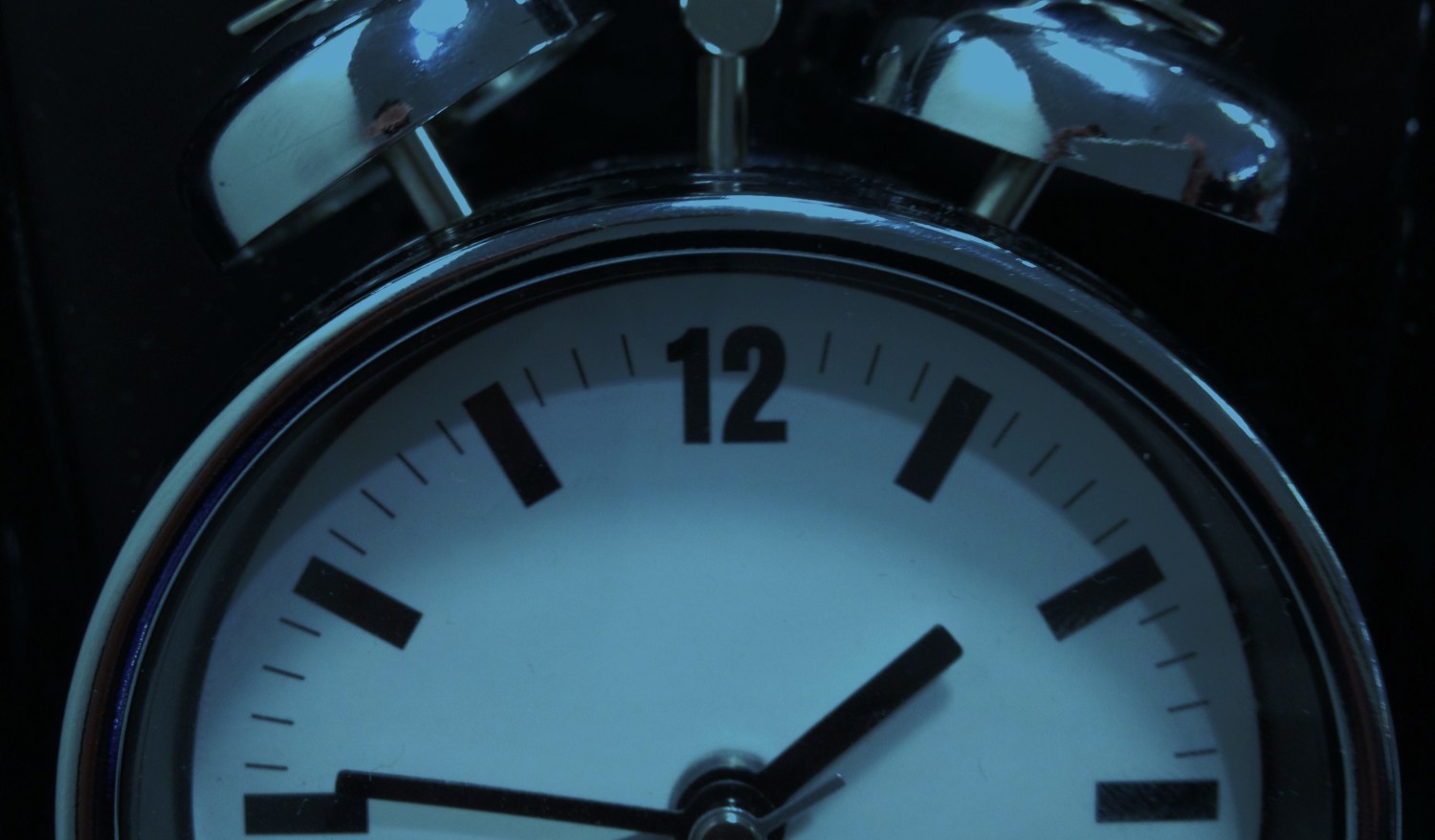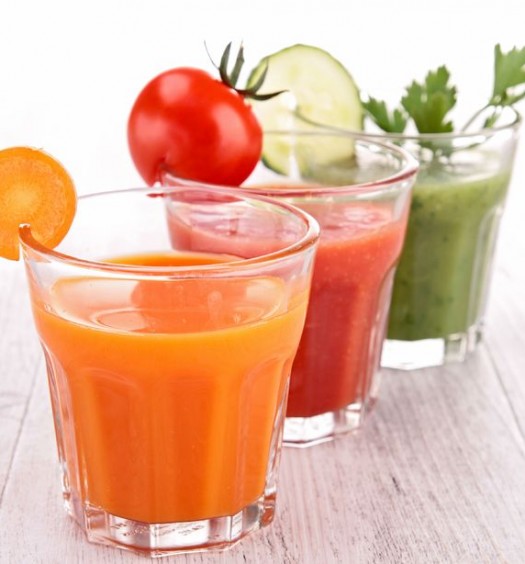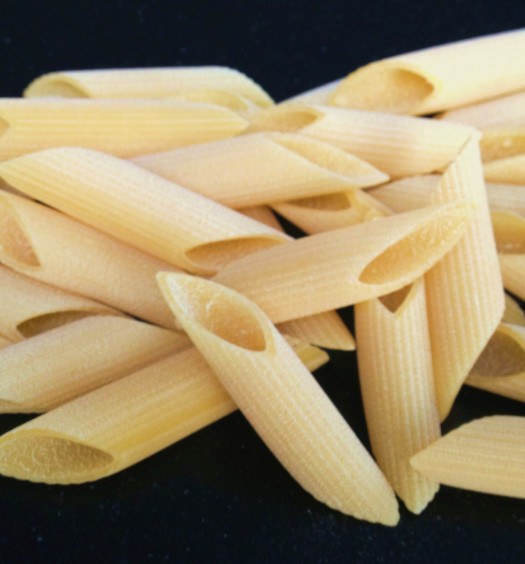Do you often find yourself lying awake at night having trouble getting to sleep? I have done the last few nights and I can tell you it’s driving me crazy. I’m so tired when I go to bed and know I have a full day ahead of me yet around 3am I find myself wide awake, thinking of useless things like what to put in a party bag. These irrelevant thoughts go on till I finally drift off again only to be woken by an alarm feeling like I haven’t slept at all.
I know I’m not alone in this. Insomnia is one of the most frequently reported medical complaints – almost a third of us suffer it at some time. It’s more common in women and increasingly studies are connecting weight gain with lack of sleep. The notion being that the hormones which regulate appetite and body weight are disrupted by deficient sleep. On top of this we’re too tired to exercise and often turn to coffee and sugary foods to cheer us up when we’re exhausted.
Sleeping pills are not the answer, not only do they have a long list of unwanted side effects, according to some studies they’re not even effective. On top of this they can cause dependence. Certain changes to diet or lifestyle can prevent or alleviate sleep problems. The problem is that when we’re tired we tend to lean toward those very things that can make it worse.
Overeating at night stimulates the digestive system which can keep us awake. It’s tricky as by the time the kids are in bed, the house tidied and meals cooked, it’s often late just by default. If you can’t avoid a late meal, make sure it’s not too heavy on protein as this takes much longer to digest.
Also try to avoid caffeine. This creates a vicious cycle of disrupted sleep so try biting the bullet in the daytime and do a bit more exercise instead to wake you up. Similarly with alcohol, we often crave a quick fix to help get us through the evening (and it does help you fall asleep) but it actually prevents the stages of deep sleep (REM) crucial for restful sleep. As its metabolised, alcohol increases the levels of various neurotransmitters which keep you awake and your brain wired – this is where all these random thoughts are coming from.
Paramount is manipulating the diet to balance the sleep hormones. Sleeping problems are often due to an imbalance in the body’s regulation between serotonin, melatonin and other hormones such as cortisol. The first thing is to keep blood sugar levels balanced throughout the day as any dips cause cortisol and adrenalin release which stimulates the brain. The best way to balance blood sugar is to combine carbohydrates with protein and avoid refined carbs (sugar, white rice, white flour etc) and alcohol. Good bedtime snacks to keep levels stable through the night are oatcakes, bananas and other complex carbs. These not only help regulate blood sugar but promote sleep by increasing serotonin (the precursor to melatonin) in the brain.
By eating foods which directly help make serotonin in the body (turkey, chicken, red meat, fish, dairy, pumpkin seeds, nuts and legumes) and also increasing natural sources of melatonin (oats, sour cherries, bananas, grapes, walnuts, liquorice, sage) our bodies will have the raw materials to ensure we’re making enough of the sleep hormone, promoting a good, restful sleep. The best way to get the benefit from the cherries is to drink tart cherry juice. This is packed full of nutrients and studies show that through its melatonin boosting properties, the juice helps combat insomnia. Melatonin production is turned off by light so it’s really important to keep the bedroom dark and avoid watching TV or using phones once ready for bed.
Boosting calcium and magnesium levels can also help rectify sleep problems. I find one of the best ways to increase levels of magnesium is a relaxing Epsom salt bath – according to studies it can be more effective than supplementation and also the bath itself helps promote a good night’s sleep. Other supplements to consider are B vitamins although these can increase your energy so are better taken earlier in the day.
I love using herbs. It often surprises me how powerful flowers and leaves can be, even in tea form, for so many conditions. Many herbs are said to have sleep-inducing properties. Valerian is the most well-known, but others include chamomile, passion flower, lavender, hops, lemon balm and bitter orange. Personally I find passion flower tea works for me. I use the dried flowers, infused for five minutes.
So there’s a lot we can do to influence our sleep patterns, and sometimes it’s just about remembering to look after yourself and ensure your body has all the ingredients it needs to run as effectively as possible.
We hope you found this article helpful. Let us know your thoughts in the comments below or on our facebook page and don’t forget to sign up to our newsletter to receive more recipes, nutrition tips and expert advice.






